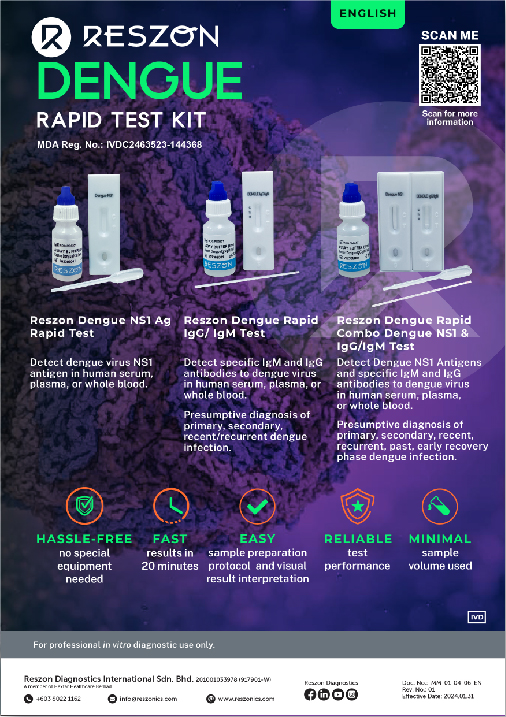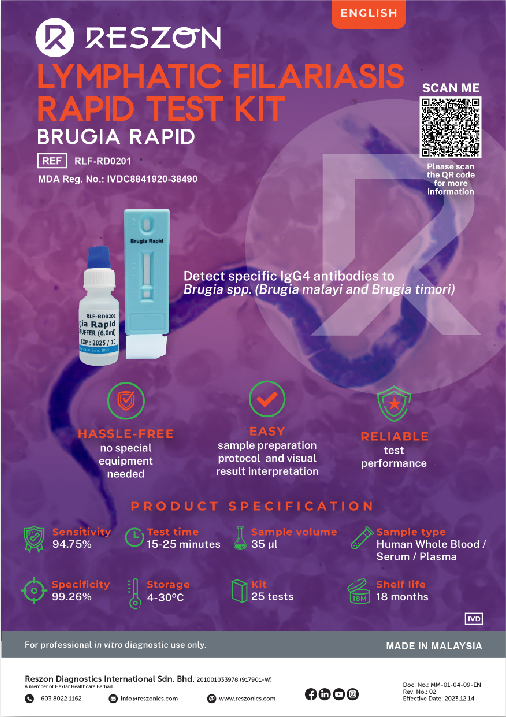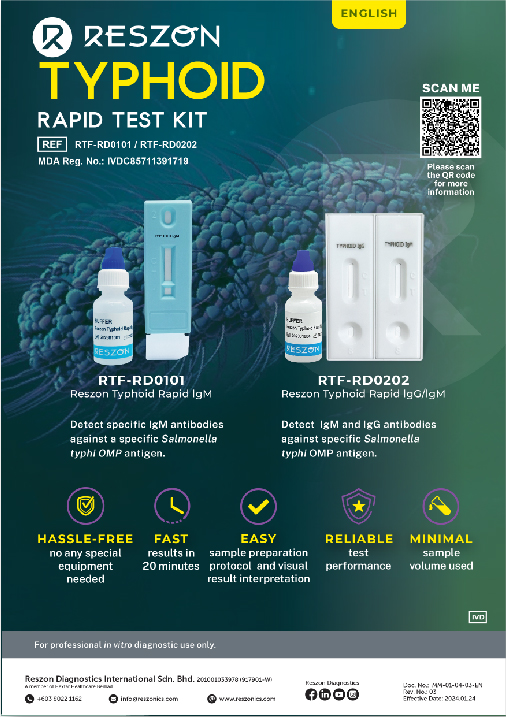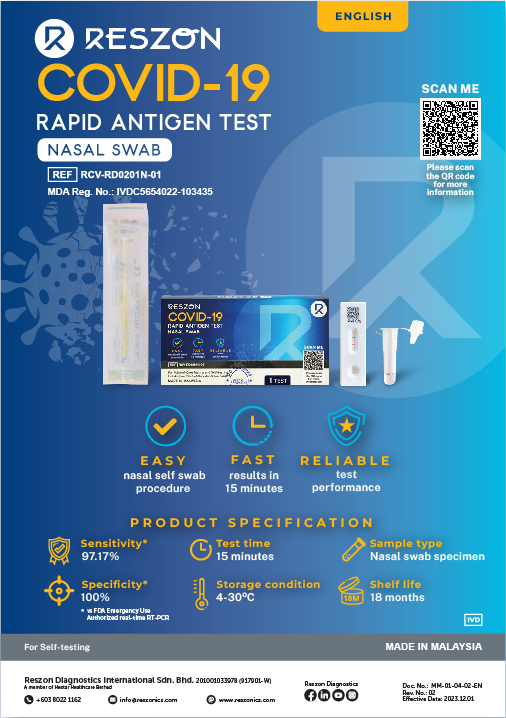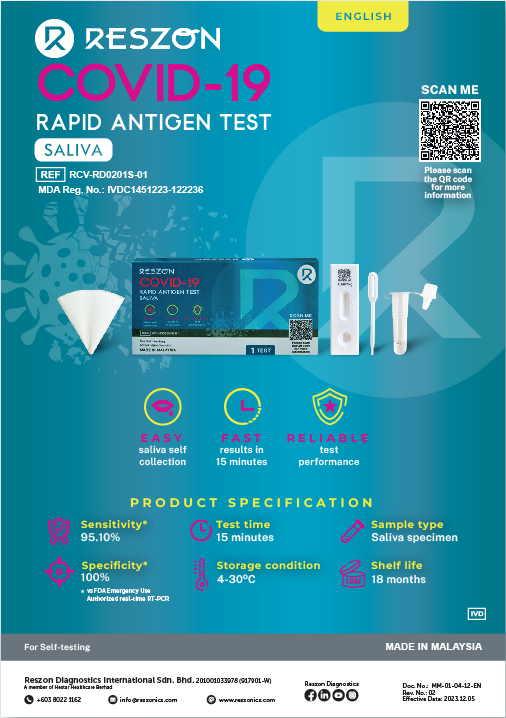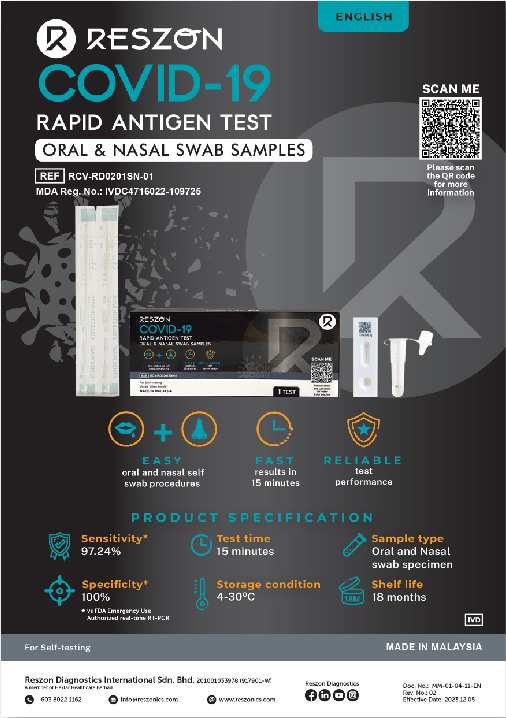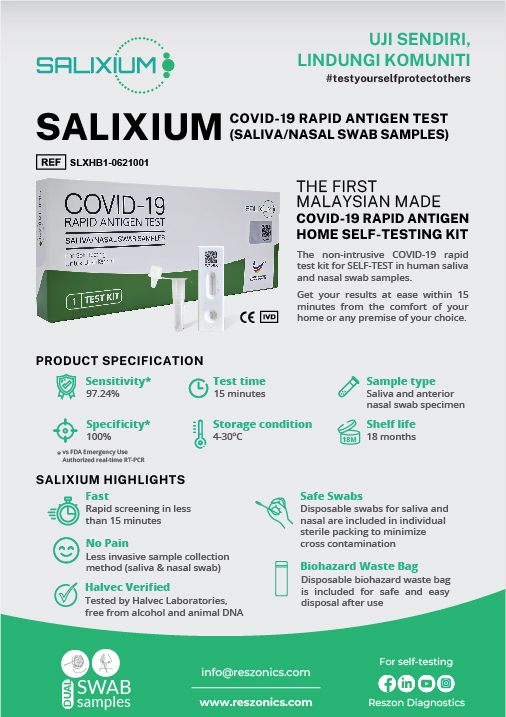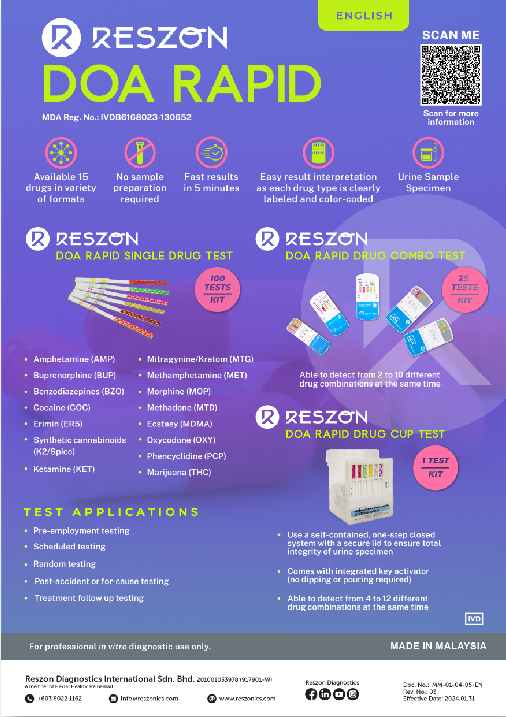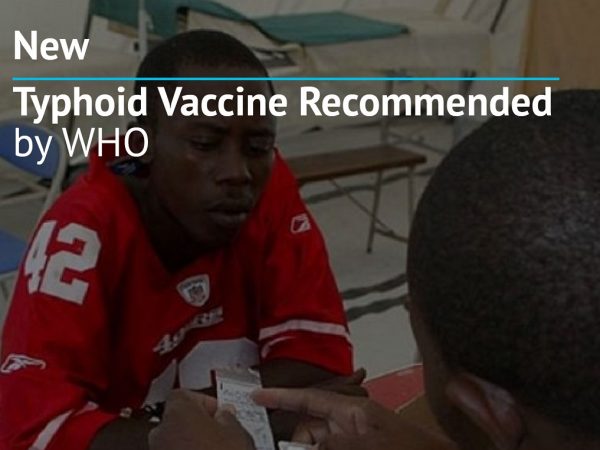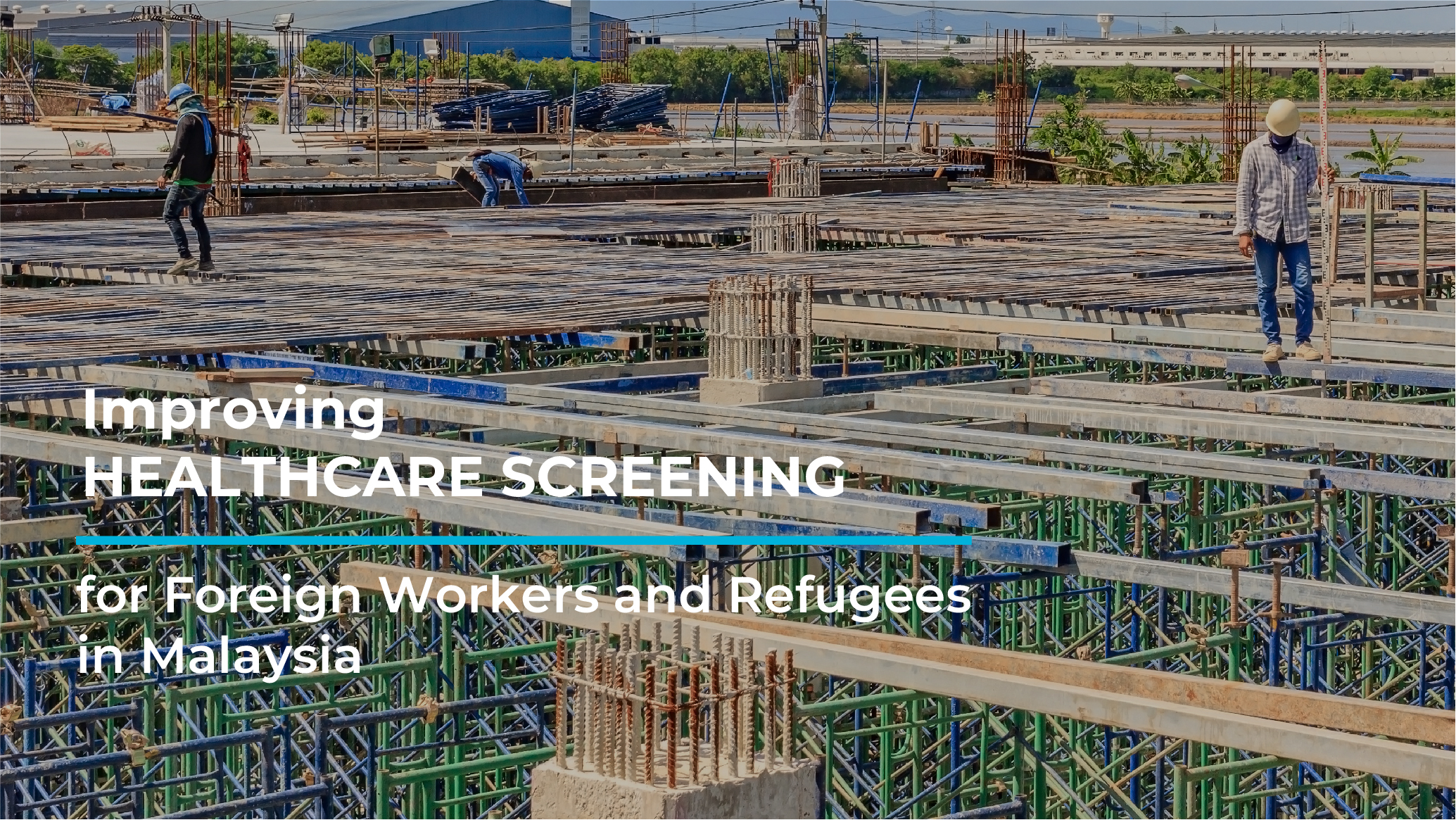
In recent years, Malaysia has experienced a significant influx of foreign workers and refugees, gearing the needs of robust healthcare screening measures to ensure public health and safety. With the implementation of the Foreign Worker Employment Relaxation Plan (FWERP) and the ongoing challenges posed by communicable diseases, there is an urgent need to enhance medical screening protocols. In this blog post, we explore the importance of improving medical screening for foreign workers and refugees in Malaysia and introduce infectious disease rapid test kits as a solution to streamline the process.
The Need for Improved Medical Screening
Under the FWERP, which facilitates the hiring of foreign workers across various sectors, including farming, agriculture, construction, manufacturing, and services, Malaysia has witnessed an influx of approximately 500,000 foreign workers. However, with this influx comes the imperative to ensure that these workers undergo thorough medical screenings to detect and prevent the spread of communicable diseases.
A foreign worker detected with any of the following diseases or conditions is said to fail the FOMEMA health screening:
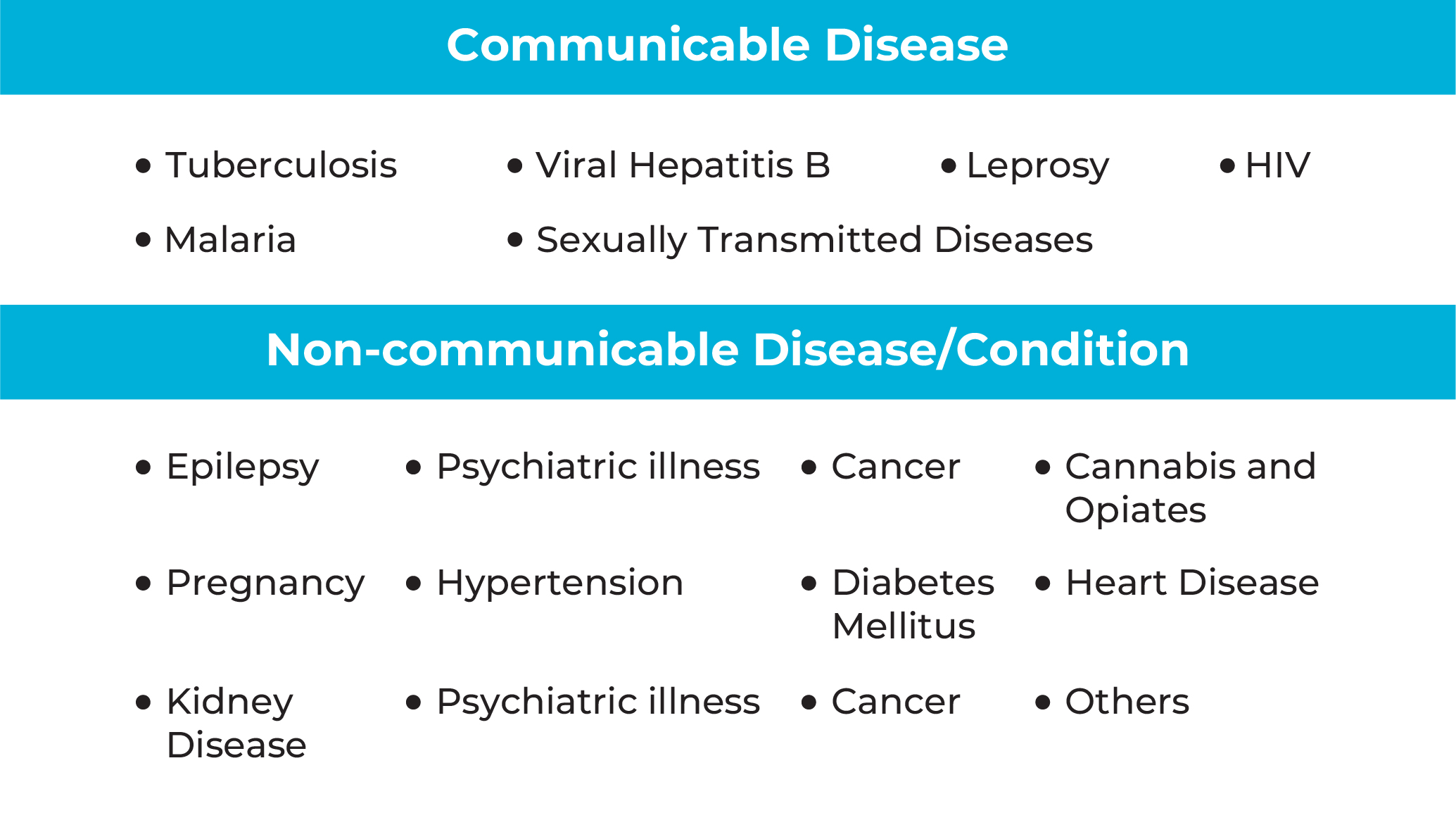
Source: FOMEMA via EMIR Research
On 30 Jan 2024, The Malaysian Medical Association (MMA) has expressed support for the health ministry’s decision to include three additional tests, namely filariasis (roundworm), Hepatitis C and methamphetamine in the medical screening for foreign workers.
Rise in Communicable Diseases
Despite existing protocols such as the Foreign Workers Medical Examination Monitoring Agency (FOMEMA), which mandates annual health screenings for foreign workers, there has been a rise in communicable diseases in Malaysia. The following instances highlighting the need for more effective healthcare screening measures.
According to FOMEMA, a total of 6,413 cases of tuberculosis, 3,347 of Hepatitis B, 960 syphilis, 447 HIV, 22 malaria and 3 cases of leprosy were detected among foreign workers in the country in 2023.
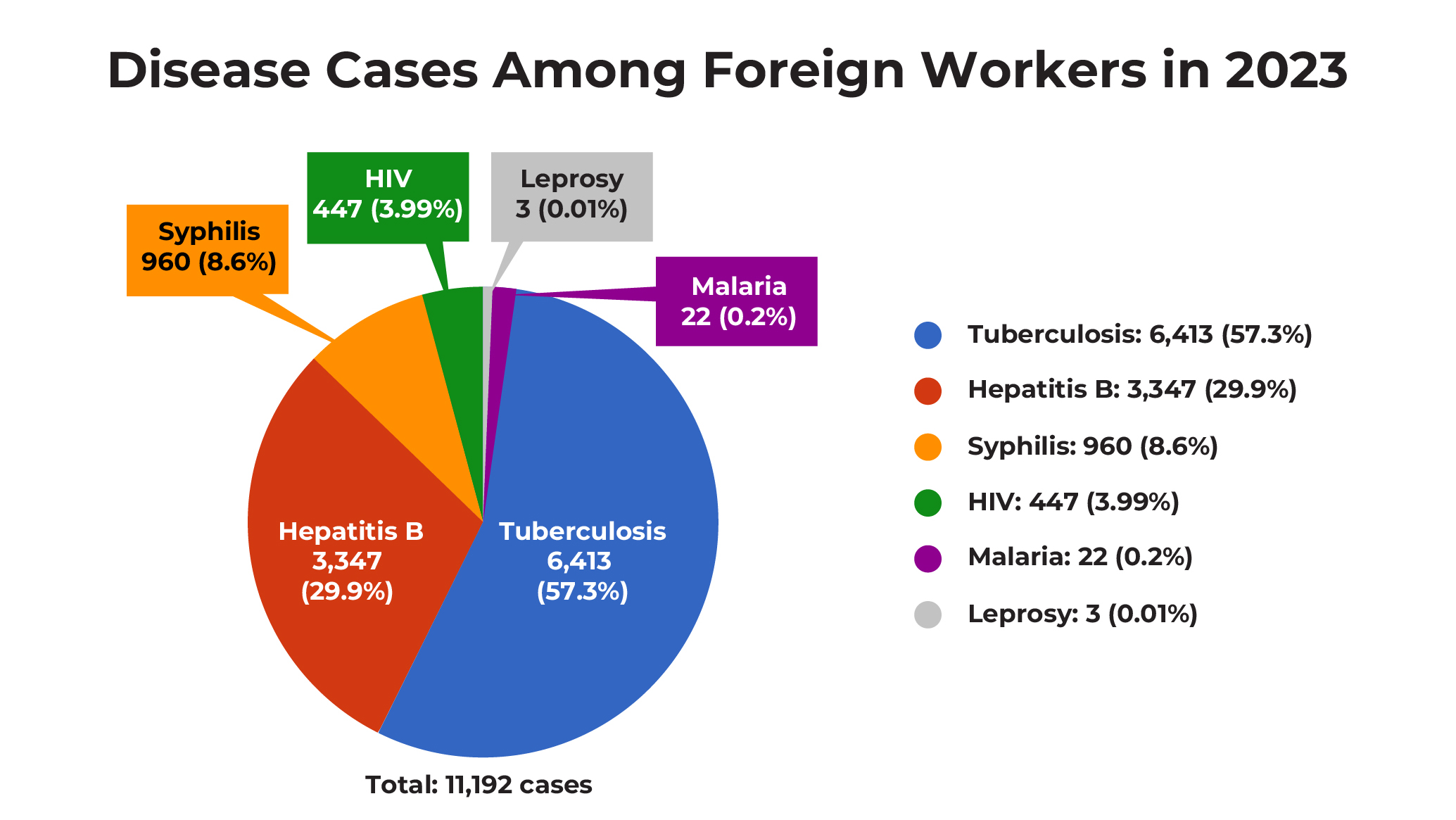
In 2022, Penang experienced a malaria crisis after the entry of foreign workers in the state (“Penang facing urban malaria crisis following influx of foreign workers, says state health DG”, The Star, August 12, 2022).
A 2010-2017 study on the health status of migrant workers in Selangor found an increasing trend of communicable diseases (“Health Status of Migrant Workers Attending Primary Care Clinics in Malaysia: Basis for Health Intervention Programme”, Faller & Miskam, Andalas University).
Among the 5,819,426 foreign workers that underwent FOMEMA medical screenings from 2014-2018, 141,577 (2.43%) failed and had to be sent back to their countries. Amongst these, 84,982 (60%) failed due to having communicable diseases with tuberculosis being the most prevalent (62,380) (“The Next Pandemic: Factors of Failure in FOMEMA Tuberculosis Screening Amongst the Foreign Workers in Malaysia”, European Journal of Molecular & Clinical Medicine, Vol. 7, Issue 6, 2020).
Refugees and asylum-seekers face additional challenges in accessing healthcare services, although the Ministry of Health (MoH) has waived fees for certain infectious diseases. However, there remains a need for efficient and accessible screening methods to promptly identify and manage these conditions.
To address these challenges and improve medical screening efficiency, Reszon Diagnostics offers various types of rapid test kits to allow fast and accurate screening of infectious diseases, including HIV, Malaria, Dengue, Lymphatic Filariasis, Typhoid, COVID-19 as well as drug screening.
By leveraging the latest advancements in diagnostic technology, these rapid test kits enable healthcare providers to quickly identify infections, allowing for timely interventions and preventing the spread of diseases within communities. Additionally, the ease of use and portability of these kits make them suitable for deployment in various healthcare settings, including clinics, immigration centers, and refugee camps.
By implementing these advanced diagnostic tools alongside existing protocols, we can improve healthcare access, mitigate the spread of communicable diseases, and safeguard public health. As Malaysia continues to navigate the complexities of managing its migrant workforce and refugee population, investing in innovative healthcare solutions remains crucial for the well-being of all individuals within its borders.
Reference:
Jason Loh & Juhi Todi (2023) Improving Medical Screening In View Of The Foreign Worker Employment Relaxation Plan. Code Blue. Accessed on 26 Mar 2024.
The Star (2024) Standardise health screening of migrant workers. Accessed on 26 Mar 2024.

